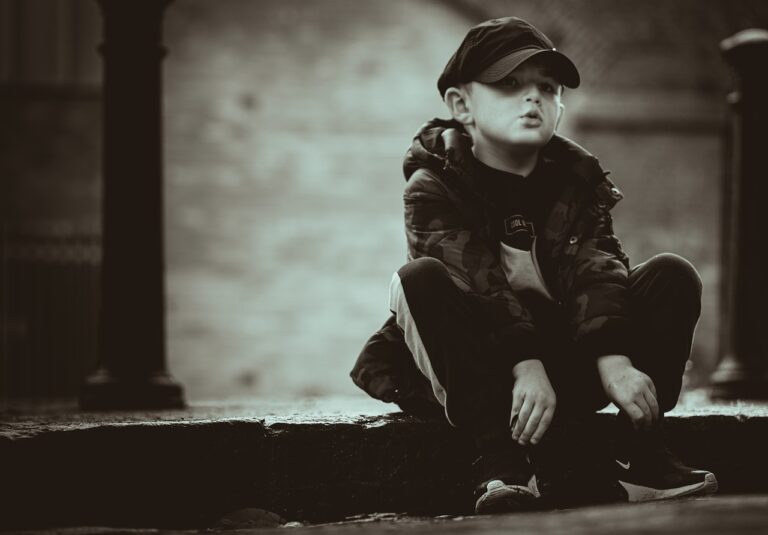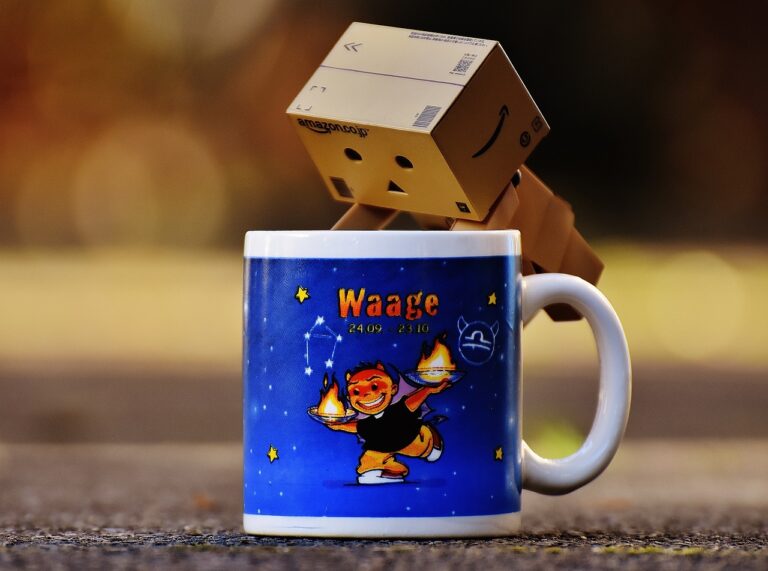Diversity and Inclusion in Hollywood: Progress and Challenges Ahead
In recent years, there has been a growing demand for increased diversity and representation in film and television. Audiences are increasingly vocal about wanting to see a wider range of stories and characters that reflect the rich tapestry of human experience. This push for more inclusive storytelling has led to a greater emphasis on showcasing marginalized voices and underrepresented communities on screen.
As the industry continues to evolve, there is a recognition that authentic representation is not just a matter of ticking boxes or token gestures. It is about telling stories in a way that is true to the lived experiences of those being portrayed. When done thoughtfully and respectfully, authentic storytelling has the power to challenge stereotypes, break down barriers, and foster greater empathy and understanding among viewers.
The Need for Authentic Storytelling
In today’s film and television landscape, there is a growing call for authentic storytelling that accurately reflects the diverse experiences of individuals from various backgrounds. Audiences are increasingly demanding narratives that are genuine, resonant, and reflective of the true complexity of human existence. Authentic storytelling not only provides a platform for underrepresented voices to be heard but also fosters empathy and understanding among viewers.
By prioritizing authenticity in storytelling, creators have the opportunity to challenge prevailing stereotypes and bring forth narratives that are rich with nuance and depth. Diverse stories offer a more comprehensive portrayal of society, allowing for greater inclusion and representation of individuals who have long been marginalized in mainstream media. Authentic storytelling has the power to shatter misconceptions and create a more inclusive cultural landscape that celebrates the richness of human diversity.
Breaking Stereotypes in Hollywood
Hollywood has long been criticized for perpetuating stereotypes through its films and TV shows. From racial stereotypes to gender expectations, the industry has often fallen back on tired tropes that do a disservice to the diversity of real human experiences. For too long, audiences have been exposed to one-dimensional characters that fail to reflect the complexity of society. It is crucial for Hollywood to move away from these stereotypes and strive for more authentic and inclusive storytelling.
Fortunately, there has been a growing movement within the entertainment industry to challenge and break these stereotypes. Filmmakers and TV creators are increasingly portraying diverse characters with depth and complexity, providing audiences with a more nuanced and realistic representation of different communities. By showcasing a wider range of voices and experiences on screen, Hollywood has the potential to not only entertain but also educate and inspire viewers to embrace diversity and empathy.
Why is representation in film and TV important?
Representation in film and TV is important because it allows for diverse stories to be told and for individuals from all backgrounds to see themselves reflected on screen.
What is authentic storytelling?
Authentic storytelling is the practice of accurately representing different cultures, experiences, and identities in film and TV without relying on stereotypes or cliches.
How can Hollywood break stereotypes in film and TV?
Hollywood can break stereotypes by hiring diverse creators, writers, and actors, challenging traditional narratives, and showcasing a wide range of perspectives and experiences.
Why is it important for Hollywood to break stereotypes?
It is important for Hollywood to break stereotypes because perpetuating harmful stereotypes can reinforce bias and discrimination, while breaking stereotypes can promote understanding and empathy among audiences.
What can audiences do to support breaking stereotypes in Hollywood?
Audiences can support breaking stereotypes in Hollywood by seeking out and supporting diverse films and TV shows, engaging in conversations about representation, and advocating for more inclusive and authentic storytelling.







